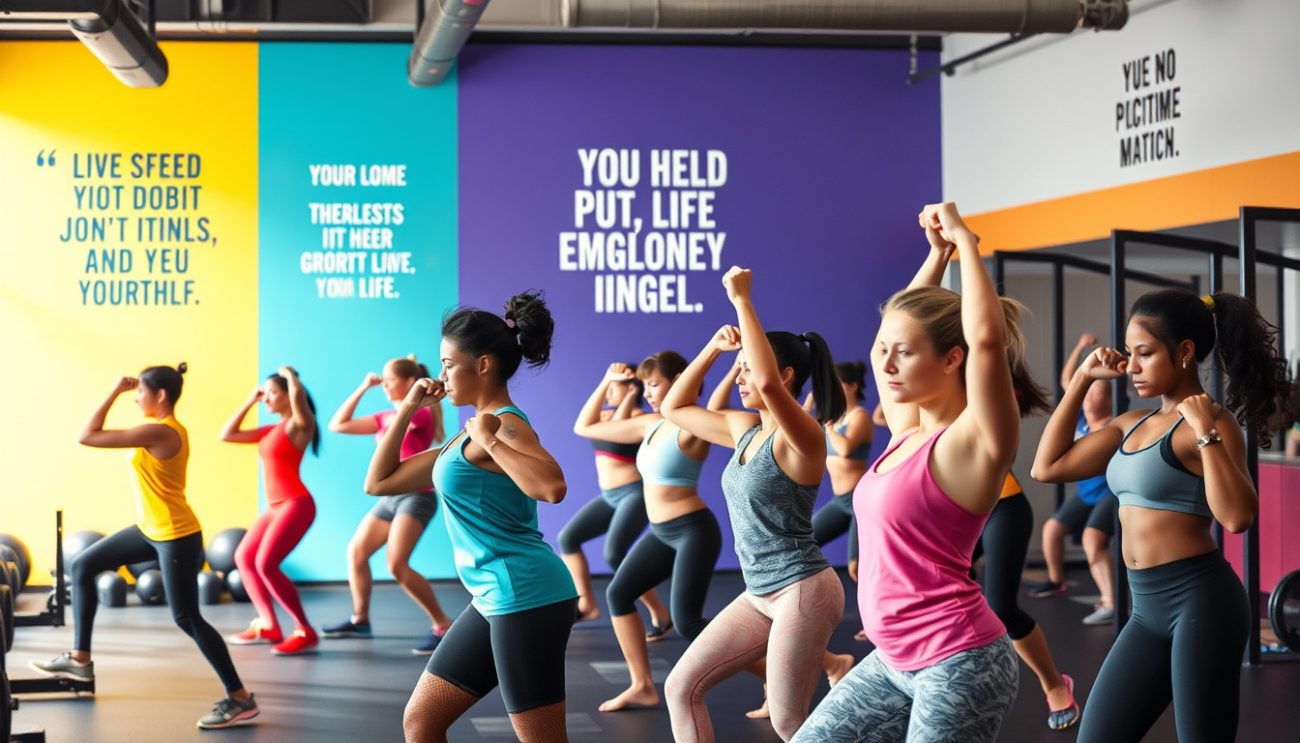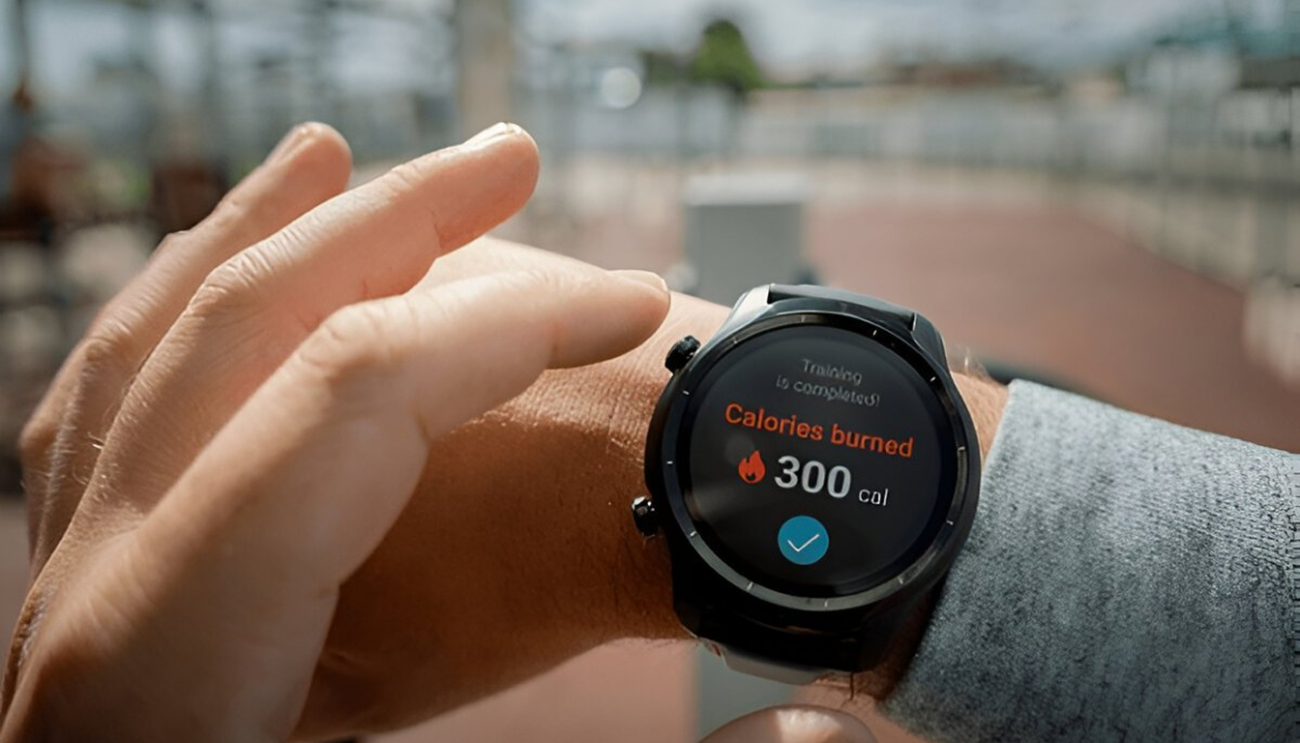Finding Your Perfect Fit: Choosing the Right Cardio for Your Fitness Goals
Understanding Cardio Exercise Cardio, or aerobic exercise, refers to activities that increase your heart rate and breathing while engaging large muscle groups over sustained periods. Regular cardio improves heart and lung function, boosts metabolism, supports weight

Understanding Cardio Exercise
Cardio, or aerobic exercise, refers to activities that increase your heart rate and breathing while engaging large muscle groups over sustained periods. Regular cardio improves heart and lung function, boosts metabolism, supports weight loss, enhances muscular endurance, and promotes mental well-being.
The best cardio is the one you enjoy and can perform consistently. However, depending on your specific goals—whether weight loss, sports conditioning, heart health, or healthy aging—certain types of cardio may be better suited to help you progress efficiently.
Matching Cardio Types to Your Goals
1. Cardio for Weight Loss
Goals: Burn fat, preserve muscle, increase metabolism
If shedding pounds is your priority, consider High-Intensity Interval Training (HIIT) or steady-state cardio:
- HIIT: Involves short bursts of intense effort followed by brief recovery periods. This method maximizes calorie burn and invokes excess post-exercise oxygen consumption (EPOC), meaning you continue burning calories after the workout ends. Exercises like sprint intervals, circuit training, or interval rowing fit this approach well.
- Steady-State Cardio: Maintains a consistent moderate pace to help beginners build endurance and burn fat efficiently. Activities include walking, jogging, or cycling at a steady pace.
Equipment like treadmills is versatile for both HIIT and steady-state workouts, allowing you to mix sprints with less intense periods easily.
2. Cardio for Sports Training and Endurance
Goals: Enhance cardiovascular fitness, improve oxygen delivery, boost stamina
Athletes and sport enthusiasts benefit most from cardio that builds endurance:
- Long, Slow Distance Training: Running, cycling, or swimming at a moderate intensity over an extended duration enhances your heart’s capacity and your muscles’ oxygen uptake.
- Cross-Training and Circuit Workouts: Using diverse modalities like rowing, cycling, or bodyweight exercises helps condition multiple muscle groups and prevents boredom or overuse injuries.
Consistent cardiovascular fitness training primes your body for optimal athletic performance and recovery.
3. Cardio for Heart Health
Goals: Maintain or improve cardiovascular function, reduce disease risk
For improving heart health, consistency is key. Any cardio you enjoy that you can perform about 4-5 times per week counts:
- Walking, swimming, dancing, or rowing are excellent options.
- Rowing provides a full-body workout with a low impact on joints, making it a heart-friendly choice.
Regular cardio helps reduce blood pressure, improve circulation, and strengthen your heart muscle, ultimately lowering risks associated with heart disease.
4. Cardio for Healthy Aging and Joint Health
Goals: Preserve mobility, maintain energy levels, protect joints
As we age, low-impact cardiovascular exercises become especially important to prevent joint stress and maintain long-term mobility:
- Cycling (especially on recumbent bikes): Offers moderate-intensity workouts that are gentle on hips, knees, and ankles.
- Swimming: Also zero-impact and excellent for building endurance without joint strain.
- Walking: A simple, accessible exercise that can be intensified with inclines or pace adjustments.
Incorporating these helps sustain energy, cognitive health, and musculoskeletal function as you age.
Popular Cardio Choices and Their Benefits

| Cardio Type | Calories Burned (approx/hr) | Impact Level | Key Benefits |
|---|---|---|---|
| Rowing | 400-800 | Low-medium | Full-body workout, joint-friendly |
| Running/Jogging | 400-600 | Medium-high | Builds lower body strength, high calorie burn |
| Swimming | 400-700 | Low | Zero impact, full-body conditioning |
| Cycling | 400-750 | Low-medium | Leg strength, endurance, joint-friendly |
| Jump Rope | 500-800 | High | Coordination, agility, high calorie burn |
| Dancing | 300-600 | Low-medium | Fun, mood booster, flexibility |
| Walking | 200-400 | Low | Accessible, great for beginners |
| Kickboxing | 450-800 | Medium-high | Strength, coordination, stress relief |
| Stair Climbing | 400-700 | Medium-high | Leg strength, cardiovascular endurance |
| Battle Ropes | 400-600 | Medium | Upper-body strength and cardio |
Tips for Selecting and Sticking to Your Cardio Routine
- Assess your fitness level: Beginners may start with walking, cycling, or swimming. More advanced individuals can incorporate running, HIIT, or functional cardio like battle ropes.
- Consider your interests: Enjoyment leads to consistency. Choose activities you find motivating—whether dance classes, sports, or solo workouts.
- Mix it up: To prevent plateaus and keep your workouts engaging, vary your cardio modalities and intensities regularly.
- Mind your body: Pay attention to how your joints and muscles respond. Opt for low-impact options if you have mobility concerns.
- Incorporate strength: Cardio that uses multiple muscle groups, such as rowing or kickboxing, helps build muscle alongside cardiovascular health.
Conclusion
There is no one-size-fits-all answer to “Which cardio is right for me?” The perfect cardio workout aligns with your personal fitness goals, physical condition, and preferences. Whether you want to torch calories with HIIT, build endurance for your sport, bolster your heart health, or age gracefully with gentle movement, cardio offers versatile paths to success.
Explore different formats, listen to your body, and create a cardio routine that excites you. Consistency, enjoyment, and progressing at your own pace are the keys to unlocking the transformative benefits of cardiovascular exercise.
Start today by choosing a cardio activity that fits your lifestyle, and watch how it empowers your journey toward a healthier, stronger you.



